20 Surprising Facts About Sleep
Summarize

You need sleep to survive, but like many people, you may think of sleep hours as a period when nothing is happening. The truth is far from this assumption. While you sleep, there is lots of activity happening in the mind and body. The interesting facts about sleep cover the gamut of weird, fun and informative.
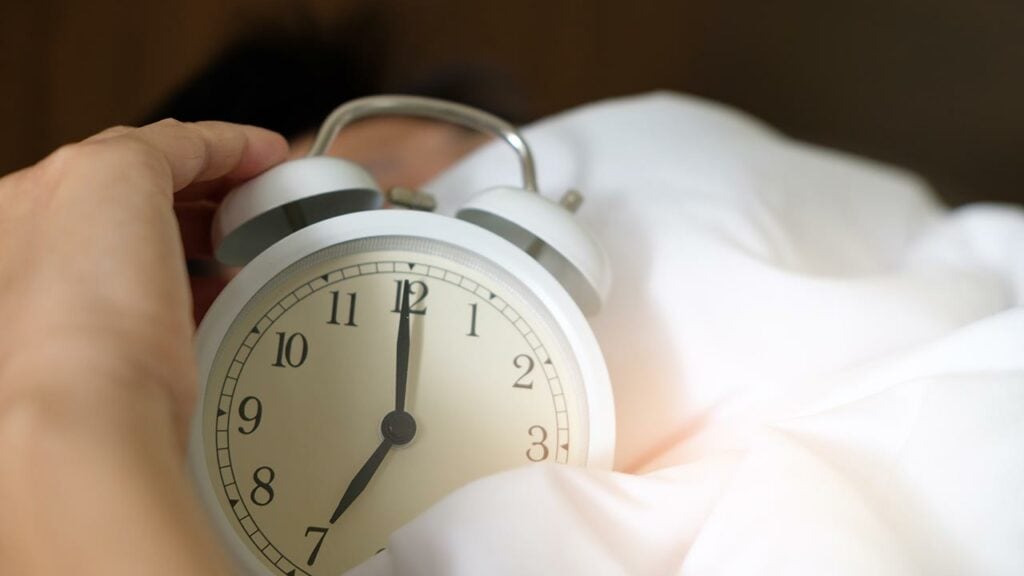
TL;DR (Too Long; Didn’t Read):
Many interesting facts about sleep can be sorted based on biology, psychology, weirdness and fun. Most people do not get enough sleep, and millions experience sleep disorders like sleepwalking. Researchers still have much to learn about sleep, such as why people dream and how a full moon impacts sleep. People struggling to get high-quality sleep increasingly use natural products, like CBD and CBN products for sleep, instead of over-the-counter and prescription drugs with potential side effects.
Facts About Sleeping
Sleep remains a mystery in many ways because there is still so much to learn about the brain. No one can ask you questions while you sleep, so clinical researchers must rely on things like measuring brain wave activity and breathing patterns and asking people what they remember immediately after they wake up. The facts about sleeping are sometimes weird and funny but always interesting.
Following are 20 facts that may make you think differently about sleep. They are sorted into groups based on biology, psychology, weirdness and just for fun.
The Biology of Sleep
1. Women have a 40% higher risk of experiencing sleep issues throughout their lives than men, which is true globally. It is believed that changes in natural hormones are significant factors in poor sleep.
2. A study by the Centers for Disease Control and Prevention found that 72.3% of people 18 years old and older do not get enough sleep.
3. Sleepwalking occurs during the sleep cycle’s deep sleep stage, which is the non-rapid eye movement (NREM) sleep. It is a sleep disorder of arousal called parasomnia. Approximately 7% of adults experience episodes.
4. A disorder of arousal during sleep can take another form besides sleepwalking called hypnic jerks. A hypnic jerk is the sudden involuntary muscle contraction that usually occurs when you are about to fall asleep. At least 70% of people experience one or more hypnic jerks in their lifetime.
5. Most dreams are forgotten upon awakening. The theory is that dreams occur during REM sleep when MCH cells are activated. The theory is that the activated MCH cells prevent the dream memory from being stored in the hippocampus. Do MCH neurons work to help the brain forget unimportant information? Maybe, say the researchers.
6. Ghrelin is a hormone that stimulates feelings of hunger to promote eating. During sleep, another hormone called leptin increases to subdue feelings of hunger, so the brain knows energy reserves are available. Sleep deprivation leads to higher ghrelin levels and lower leptin levels. That leads to feelings of hunger and can contribute to overeating.

The Psychology of Sleep
7. One of the sleep psychology facts is that getting enough sleep helps you manage the emotional tension during the day. Unfortunately, the daily nervousness can lead to sleep disturbances. It is a vicious cycle. Such events during the day affect sleep, and sleep quality affects how well you manage it. Emotional tension influences dream content and patterns too.
8. You should fall asleep within 10-20 minutes. However, discomfort can develop if you start thinking it is taking you too long to fall asleep. It then reduces sleep quality.
9. According to sleep psychologists, humans are the only mammals who sometimes consciously avoid sleeping when tired. You may work two shifts, stay up too late watching movies or take the cheapest flights in the middle of the night. Frequently depriving yourself of sleep can lead to various physical and mental issues.
Weird Facts About sleep
10. Have you noticed you get less sleep on the nights leading up to a full moon? One of the weird sleeping facts is that studies have found that the moon’s phases impact sleep. On the 3-5 nights leading to a full moon, people worldwide go to bed later and sleep less time. They do not know why yet, but no howling at the moon at midnight is discouraged!
11. Using electronic devices within 30 minutes of bedtime can lead to poorer sleep quality and reduced sleep duration due to the blue light emitted. Surprisingly, a review of the literature also found that exposure to blue light may have some positive effects on alertness, performance and reaction time in athletes.
12. Everyone has weird dreams that seem nonsensical. Where do they come from? Robert Stickgold is an Associate Professor of Psychiatry at Harvard Medical School’s Center for Sleep and Cognition. His research has found that the brain’s emotional and processing areas are active, and the logical part of the brain is less active during sleep. That may be why weird dreams are usually emotionally charged as the brain continues to make sense of the world with limited internal inputs.
13. Going without sleep for 17 hours produces similar impairments experienced when the blood alcohol level (BAC) is .05%. If you stay awake for 24 hours, the impairments equate to the impairment associated with a BAC of .1%.
Fun Facts About Sleep
14. Some people dream in black and white, and others dream in color. Yet, millions have a color vision deficiency, like colorblindness. Do they dream in black and white, in color or in the colors seen when awake? Your waking experience influences how you dream. Before color TV was invented, people reported dreaming in black and white. After color TV became popular, the percentage of people dreaming in black and white significantly declined. Studies have explored whether childhood exposure to black-and-white TV explains why some dream only in black-and-white. They have found people over 55 years old are the most likely to dream in greyscale.
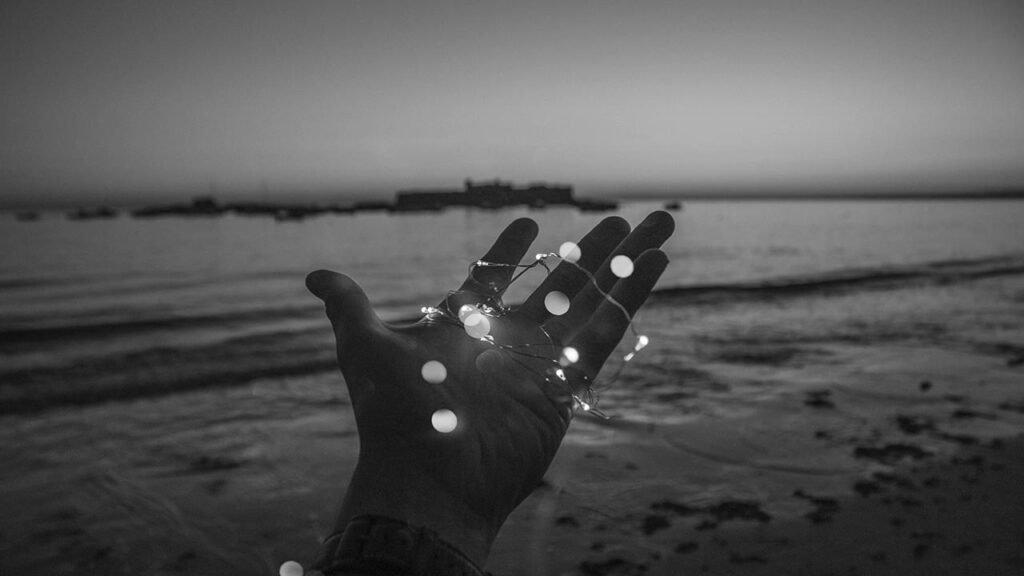
15. Strangers in your dreams are probably not real strangers. Neuroscientists believe they may be people you have seen while awake but may not realize your brain acknowledged. Dreams are mostly made of elements for your life as the brain tries to problem-solve.
16. Under strict observation, a student won first place in the 1964 10th Annual Great San Diego Science Fair by going without sleep for 11 days and 25 minutes. He said he would never do it again.
17. Studies have found that most people experience a fall in alertness twice in 24 hours, once at 2:00 AM and once at 2:00 PM. That explains why you feel like taking a nap after lunch! Just tell your boss you are accommodating your circadian rhythms.
18. Do you struggle with getting out of bed in the morning? If so, you may have dysania, an overwhelming desire to stay in bed. Dysania is not a medical term, but it works as a term for “the struggle is real.” If it is because you hate cold mornings or like the cozy feeling under blankets, there is nothing to worry about. You should see a doctor if you have other symptoms, like feeling mentally exhausted or lying for hours in bed without sleeping.
19. Napping is not just for babies and toddlers. Adults nap, too, but the best amount of nap time is 20-30 minutes to prevent disrupting your ability to sleep at night.
20. What are the ideal sleeping positions? The answer is any position except for sleeping on your stomach. Sleeping on your side or back supports the spine better. In fact, 60% of people sleep on their side.
Sleep Aid CBD Products
CDC research found that 8.4% of adults take medication to help them sleep every day or most days. The older the adults, the more likely they are to take sleep medications, increasing from 5.6% for people aged 18-44 to 10.1% for people aged 45-64 and 11.9% for those over 65.
Over-the-counter and prescription medications for sleep are chemicals. Some are addictive. You can develop a tolerance to antihistamines, feel groggy after a night of sleep and experience interactions with other medications.
That is why people are turning to natural options, like CBD and CBN products that may contain botanicals and other natural ingredients known to support good sleep. The cannabinoids maypromote calm, leading to better sleep. In addition, CBD products for sleep often include other natural ingredients that promote sleep and calm, like elderberry, melatonin, dreamberry and more. If you buy full spectrum CBD, you also get a small amount of THC, which supports the full entourage effect.
Summary
The recommended amount of sleep for adults is approximately 7-9 hours, but millions have sleep disorders or issues. Sleep research is essential to learning how sleep impacts health and what can be done to improve sleep patterns. There is still a lot to learn, like why people dream. However, one thing is known for sure. You need regular, high-quality sleep for good health.
Sources
- https://www.ncbi.nlm.nih.gov/pmc/articles/PMC4785896/
- https://health.gov/healthypeople/objectives-and-data/browse-objectives/sleep/increase-proportion-adults-who-get-enough-sleep-sh-03/data
- https://www.ncbi.nlm.nih.gov/pmc/articles/PMC3066770/
- https://www.ncbi.nlm.nih.gov/pmc/articles/PMC10461585/
- https://www.nih.gov/news-events/nih-research-matters/rem-sleep-may-help-brain-forget
- https://www.news-medical.net/health/Ghrelin-and-Sleep.aspx
- https://www.ncbi.nlm.nih.gov/pmc/articles/PMC7181893/
- https://www.psychologytoday.com/us/basics/sleep#how-much-sleep-do-i-need
- https://www.ncbi.nlm.nih.gov/books/NBK19961/
- https://www.washington.edu/news/2021/01/27/moon-sleep/
- https://pubmed.ncbi.nlm.nih.gov/36051910/
- https://www.nbcnews.com/better/pop-culture/your-weird-dreams-actually-make-lot-sense-according-neuroscience-psychology-ncna913436
- https://www.cdc.gov/niosh/work-hour-training-for-nurses/longhours/mod3/08.html
- https://www.ninds.nih.gov/health-information/public-education/brain-basics/brain-basics-understanding-sleep
- https://pubmed.ncbi.nlm.nih.gov/18845457/
- https://neuroscience.stanford.edu/news/can-sleeping-brain-create-unique-people-waking-brain-has-never-seen
- https://www.sleepfoundation.org/sleep-hygiene/napping
- https://pubmed.ncbi.nlm.nih.gov/29138608/
- https://www.cdc.gov/nchs/data/databriefs/db462.pdf
- https://www.mayoclinic.org/healthy-lifestyle/adult-health/in-depth/sleep-aids/art-20047860
Share this post



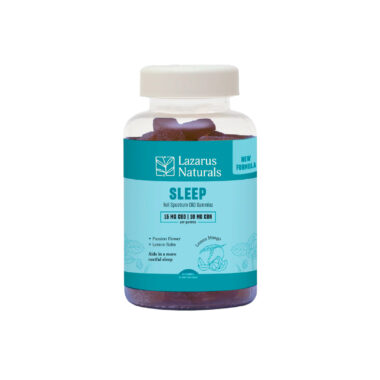
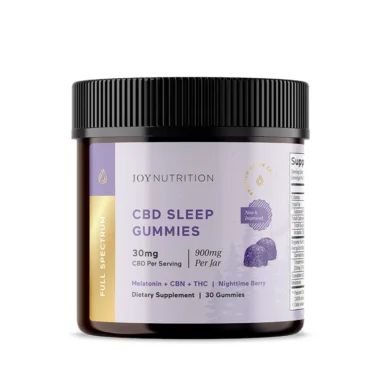
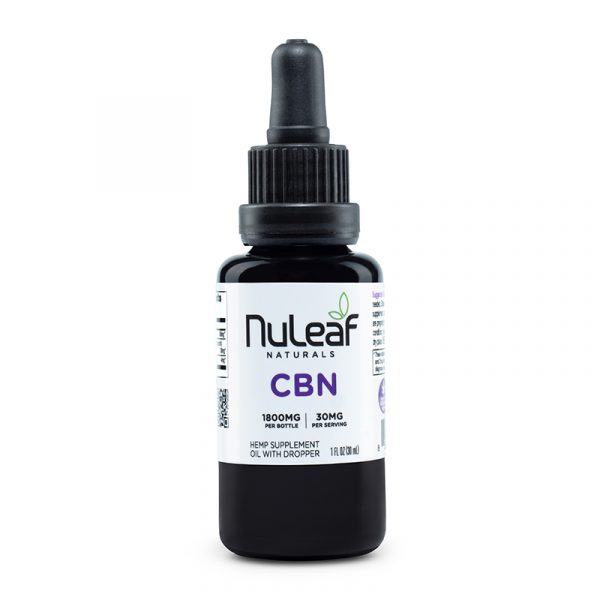
0